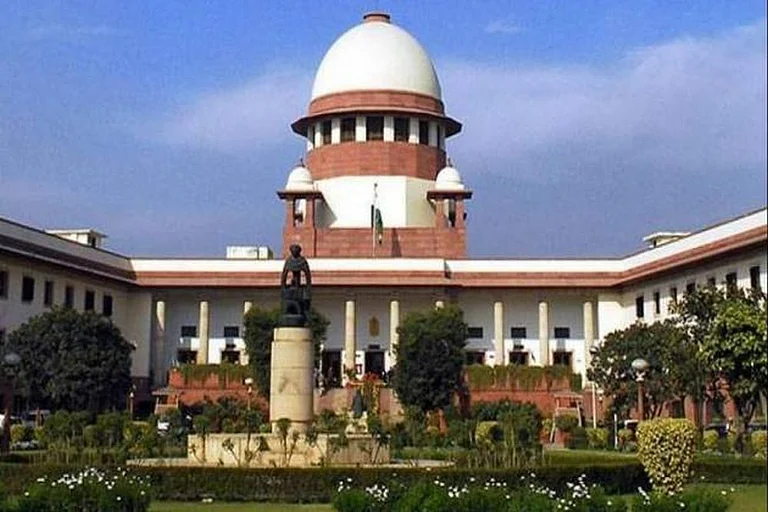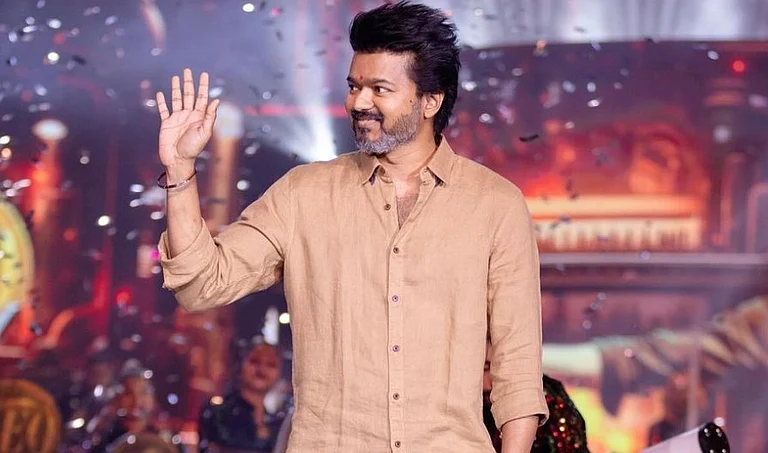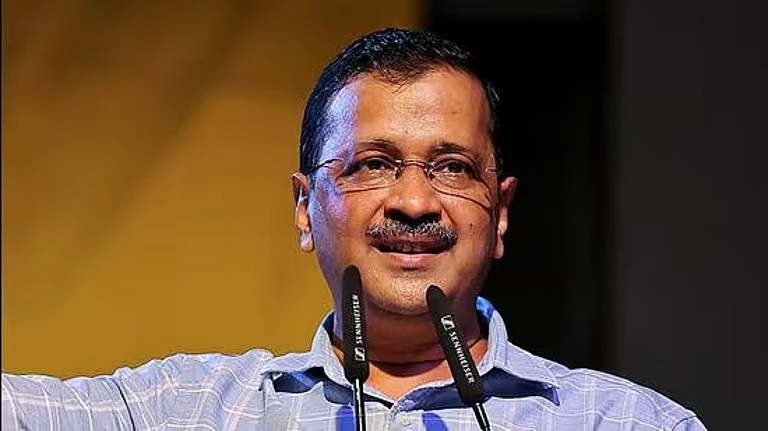The Supreme Court will hear Delhi Chief Minister Arvind Kejriwal's plea on April 15 against a high court order that affirmed his arrest in a money-laundering case related to the alleged excise policy scam.
As per the Supreme Court's official website, a panel consisting of Justices Sanjiv Khanna and Dipankar Datta is scheduled to review Kejriwal's plea contesting the decision of the Delhi High Court on Monday.
What did the recent Delhi HC order say?
The Delhi High Court affirmed CM Arvind Kejriwal's arrest in the money-laundering case, stating that the Enforcement Directorate had 'little option' left after he repeatedly ignored summonses and declined to participate in the investigation.
The Aam Aadmi Party (AAP) leader's plea against his arrest by the ED and subsequent detention in the federal agency's custody was also rejected by the High Court citing the ED's claim that he conspired and was actively involved in the use and concealment of the proceeds of crime.
It rebuked the AAP leader for questioning the timing of his arrest and rebuked him for casting aspersions on the judicial process with his claim about an approver making donations to the ruling Bharatiya Janata Party (BJP) at the Centre through electoral bonds, stating that the law relating to approvers is more than 100 years old and was not enacted to implicate him.
The court also highlighted that an investigation against the 'classes and masses' cannot be different and alleged that Kejriwal was involved in money laundering in his personal capacity and in his capacity as the national convenor of a political party.
CM Arvind Kejriwal's Arrest And Custody
Kejriwal was detained by the ED on March 21, shortly after the high court declined to provide him with safeguard against forceful measures by the national anti-money laundering agency.
He is in judicial custody till April 15 and is currently lodged in Tihar Jail.
Kejriwal has described his arrest by the ED ahead of the general election as an "unprecedented assault on the tenets of democracy" and urged the apex court to release him by declaring the case against him as "illegal".
Excise Scam: What Did CM Kejriwal Write In Plea?
In the appeal filed in the top court, Kejriwal has said his arrest on March 21 after the announcement of the Lok Sabha polls was "obviously motivated by extraneous considerations".
"The intervention of this court is urgently warranted, as over and above the issue of illegal curtailment of liberty, the petitioner's arrest also constitutes an unprecedented assault on the tenets of democracy, free-and-fair elections and federalism, both of which form significant constituents of the basic structure of the Constitution," the plea has said.
The arrest was made solely relying on subsequent, contradictory and highly-belated statements of the co-accused who have now turned approvers, it has said.
Moreover, such statements and material were in possession of the ED for nine months and still the arrest was made illegally days before the general election, Kejriwal has said in his plea.
"The petitioner's arrest bears serious, irreversible ramifications for the future of electoral democracy in India and if he is not released forthwith to participate in the upcoming elections, it will establish a precedence in law for ruling parties to arrest heads of political opposition on flimsy and vexatious charges before elections, thereby eroding the core principles of our Constitution," the plea has said.
Assailing the high court order, it has said the judgment failed to appreciate that statements made before a probe agency are not held to be the gospel truth and can always be doubted by the courts.
"The ED has allowed its process to be used and misused by vested interests as an instrument of oppression to not only invade the liberty of the political opponents in the midst of general elections 2024 of such vested interests but also to tarnish their reputation and self-esteem. Such lawlessness cannot be allowed to be perpetrated under any circumstances," the plea in the top court has said.
Delhi Excise Policy Scam
The issue involves suspected corruption and illegal money transfers in the development and implementation of the 2021-22 excise policy of the Delhi government, which was subsequently cancelled.





























